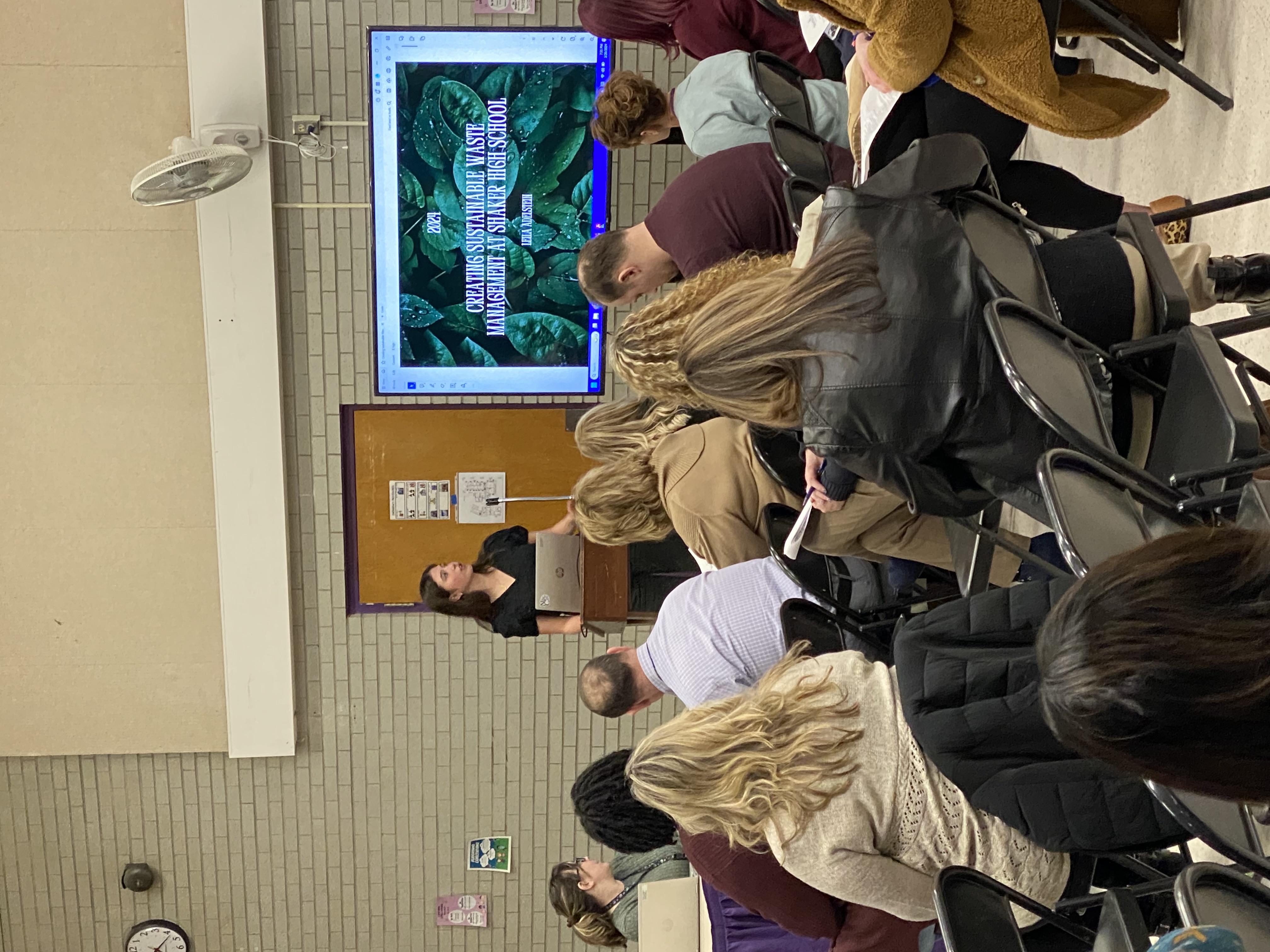Spring 2024: DemocracyReady NY Youth Members Explore the Role of Tech in Civic Learning

Staying Present and Aware: The Value of Civic Engagement and Critical Thinking for Teenagers
Being a member of DRNY has shown me that youth voices, opinions, and actions are forces that help bring real change.
When registering for my senior year courses, I enrolled in a class called Civic Engagement because it was an opportunity to create change in my school community and earn the New York State Seal of Civic Readiness The Seal is a way to recognize students’ commitment to creating positive change in their community, and executing this type of project allows young people to gain experience in the world of social justice and political action. There was a project I had envisioned since ninth grade: initiate a composting program in my school’s cafeterias.

Intersecting Citizenry and Technology
Nobody understands technology and politics like the younger generation. That statement relies on two key factors about Gen Z. The first is that they are not tech savvy, they’re tech native.
The past few years have seen tectonic shifts in arguably the two most important fields for everyday people, politics and technology. Oftentimes, the conversations regarding both areas go hand-in-hand, and you may have seen the following statements (ostensibly) online: 1. Social media is worsening the political divide. 2. Nobody understands politics nowadays.
As a high school student who has been working in both fields for some time now, I feel that I have something to bring to the discussion.
Students Deserve To Be Storytellers
Positioning students as storytellers is necessary, not only to better understand student perspectives, but also to more deeply understand the policy issues themselves.
Storytelling can be a fantastic way to facilitate more meaningful and interactive curriculum, particularly in schools. In the civics classroom specifically, storytelling can provide an excellent opportunity to think through civic issues all around us, recognizing how tangible each singular issue is.
Consumer Smarts: Reclaiming Control through Media Literacy
Technology is changing expression and communication, but that doesn’t mean it's dangerous. A quote from one of my peer interviews sums up the general consensus, “The information we get on the Internet is really messed up, you don’t know what’s true.” We know the danger, we know our own limits, now it’s time to know what to do with this uncertainty. In the future I hope that all kids of all states can have access to media literacy education as I experienced in my first semester in college.
Tech-Driven Civics: Preparing Students for the Digital Age of Democracy
Despite technology being integrated into education at a continuously larger scale year after year, there has been little attention given to issues surrounding media literacy, which is the ability to access, analyze, evaluate, and create media in various forms.
This past year at the DemocracyReadyNY Coalition, I, alongside my fellow youth cohort members, and other members of the Coalition, have dedicated our efforts to creating a space for dialogue and creative solutions to address the gap at the intersection of media literacy and civic education. Understanding media literacy is crucial for informed and engaged citizenship, making it an essential component of comprehensive civic education.